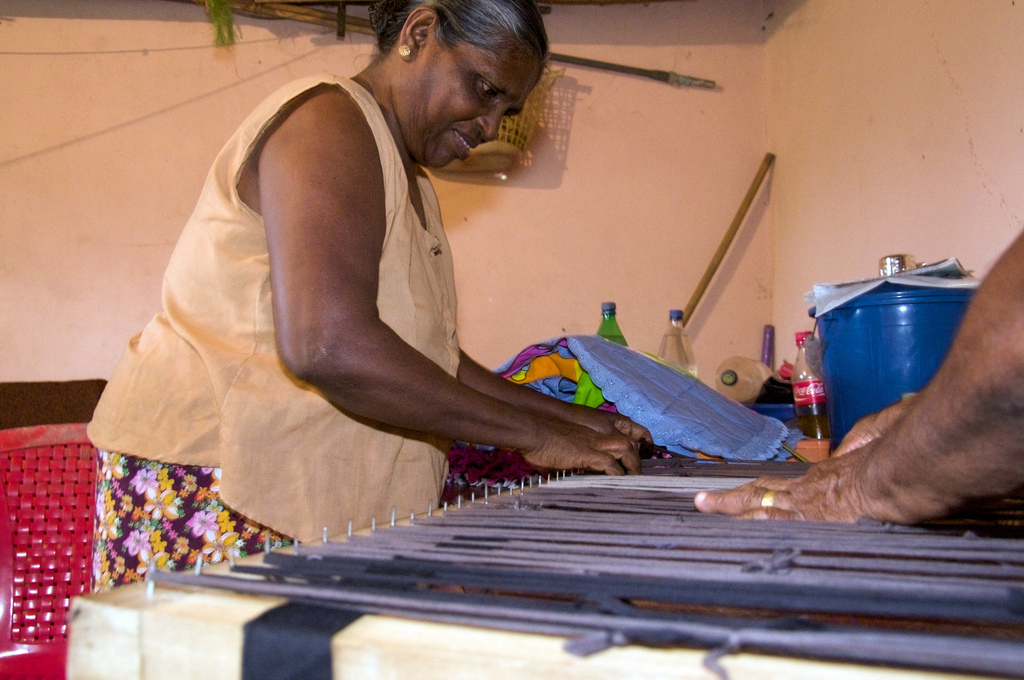
There is mounting evidence that micro-credit plays a valuable role in improving the lives of people in need (Credit: PWRDF/Flickr/CC BY 2.0)
Fortnightly links: micro-credit, revenge post-ISIS, an aging population, and more
By Terence Wood and Sachini Muller
18 January 2019
If you haven’t already read the devastating ProPublica piece on how an American NGO that was once feted as inspiring, agile and life-changing actually enabled a horrific series of disasters in Liberia, now’s the time to do so.
The ABC has a report on Victorian of the year, Mark Sullivan. Sullivan played a key role in developing a drug to help treat river blindness.
Vox has a handy explainer on what micro-credit can and cannot do.
The New Yorker has a grim report on how the Iraqi government has been exacting revenge post-ISIS.
Japan has been hit hard by an aging population, but Global Policy has three case studies of Japanese cities transforming to meet this challenge.
This Global Health NOW article discusses a report which looks at how conflict affects the education of future medical doctors — and the findings are sobering.
About the author/s
Terence Wood
Terence Wood is a Fellow at the Development Policy Centre. His research focuses on political governance in Western Melanesia, and Australian and New Zealand aid.
Sachini Muller
Sachini Muller was a Research Officer at the Development Policy Centre. She is currently completing a Master of Globalisation at ANU.
